Dublin Ireland
The jewel of the Emerald Isle, Dublin Ireland is a capital city that is proud of its heritage and identity, warts, and all. Ireland will greet you with the warmest of welcomes (accompanied by a pint of Guinness), and the city is filled with cobbled streets, friendly pubs, and world-class museums and art galleries. Bookworms will appreciate Dublin’s position as a UNESCO city of literature, and those interested in Ireland’s history will find plenty of historical spots and museums. Dublin also has exceptional nightlife, with traditional music filling the streets at dusk, and bars and pubs throughout the city providing plenty of entertainment for revelers.
Main Attractions
Guinness Storehouse
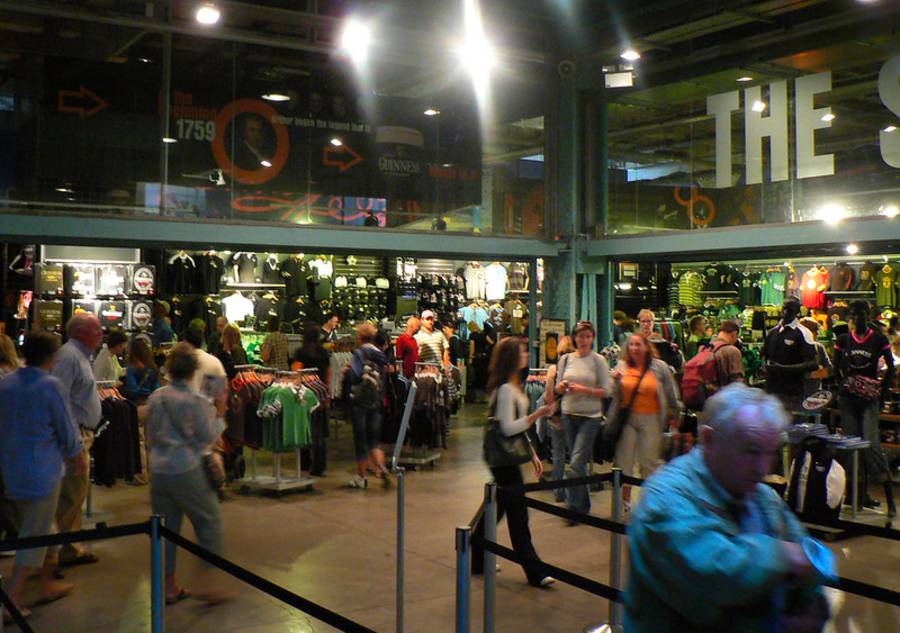
Arguably Ireland’s most famous export is Guinness beer. Every single pint of the rich stout draught is brewed in the St. James Brewery in Dublin. The popularity of the beer has turned the brewery and storehouse into a world-class attraction, with tours happening every day. The atrium is set inside the world’s largest pint glass, and the Storehouse contains a brilliant Guinness museum, pint pulling classes, a shop packed with Guinness merchandise, and the “Gravity Bar” with views over the city. The charm and authenticity of the tour will give you a very warm welcome to the Dublin way of life!
National Museum of Ireland
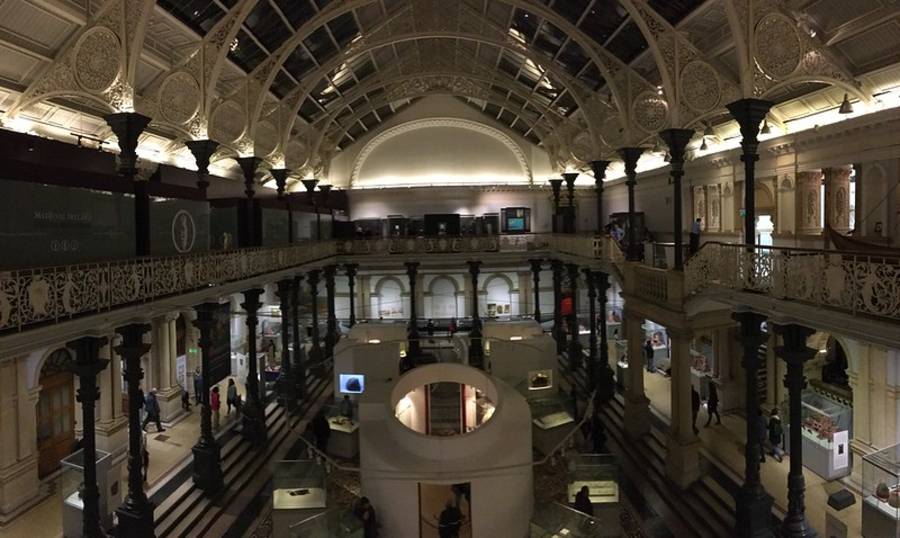
Ireland is fiercely proud of its unique and often troubled history. Those interested in the Emerald Isle’s past should visit the National Museum of Ireland, which has three branches across Dublin. The Archeology and History branches on Kildare street look at prehistoric, ancient, and medieval Ireland. The decorative arts section of the museum in Collins Barracks has a beautiful collection of folk costumes, jewelry, and weapons from across Irish history, alongside artifacts from other corners of the earth.
Things To Do
Dublin, the capital city of Ireland, is a vibrant and culturally rich destination with plenty of things to see and do. Here are some suggestions for things to do in Dublin:
- Visit the Guinness Storehouse: The Guinness Storehouse is one of Dublin’s most popular attractions. It’s a seven-story building that tells the story of the famous Irish beer.
- Explore Dublin Castle: Dublin Castle is a historic castle in the heart of the city. It was the seat of British rule in Ireland for 700 years, and now it’s used for important state events.
- Take a stroll in St. Stephen’s Green: St. Stephen’s Green is a beautiful park in the center of Dublin. It’s a great place to relax and take a break from the city.
- Visit Trinity College and the Book of Kells: Trinity College is one of Ireland’s oldest and most prestigious universities. It’s also home to the Book of Kells, a beautifully illustrated medieval manuscript.
- Check out the Temple Bar area: The Temple Bar area is known for its lively pubs, live music, and street performers. It’s a great place to experience Dublin’s nightlife.
- Learn about Irish history at Kilmainham Gaol: Kilmainham Gaol is a former prison that played a significant role in Irish history. Many of the leaders of the 1916 Easter Rising were imprisoned and executed here.
- Take a tour of the Jameson Distillery: Irish whiskey is famous all over the world, and the Jameson Distillery is a great place to learn about the history of this spirit.
- Visit the National Museum of Ireland: The National Museum of Ireland has a collection of artifacts that tells the story of Ireland from prehistoric times to the present day.
- Walk along the River Liffey: The River Liffey runs through the center of Dublin, and walking along its banks is a great way to see the city from a different perspective.
- Enjoy some traditional Irish food: Dublin is known for its hearty cuisine, so be sure to try some Irish stew, fish and chips, or a traditional Irish breakfast while you’re there.
Where to Stay
Dublin has a variety of accommodation options to suit different budgets and preferences. Here are some suggestions:
- City Center: Staying in the city center puts you in the heart of Dublin’s attractions and nightlife. There are many hotels, hostels, and apartments to choose from, ranging from budget to luxury.
- Temple Bar: The Temple Bar area is known for its lively atmosphere and is a popular spot for tourists. There are many hotels, hostels, and apartments in the area, although it can be a bit noisy at night.
- Docklands: The Docklands area is a modern, up-and-coming area that’s home to many tech companies. There are several hotels and apartments in the area, and it’s close to the 3Arena concert venue.
- Ballsbridge: Ballsbridge is a quiet, residential area located a little bit outside of the city center. It’s home to many embassies and is a popular spot for business travelers. There are several hotels in the area.
- Ranelagh: Ranelagh is a trendy neighborhood that’s popular with young professionals. It has many restaurants and bars and is well-connected to the city center by public transport. There are several hotels and guesthouses in the area.
No matter where you stay, be sure to book your accommodation well in advance, especially during peak tourist season.
Essential Information
Here is some essential information you might need when visiting Dublin, Ireland:
- Language: English and Irish are the official languages of Ireland, but English is the main language spoken in Dublin.
- Currency: The currency in Ireland is the Euro. There are many ATMs and currency exchange offices in Dublin, and most places accept credit cards.
- Weather: Dublin has a temperate maritime climate, which means it can be quite rainy and windy, especially in the winter. Summers are mild, with average temperatures around 20°C (68°F).
- Transportation: Dublin has an extensive public transportation system that includes buses, trams, and trains. You can buy tickets at most stops or use the Leap Card, a rechargeable smart card that offers discounts on fares.
- Tipping: Tipping is not mandatory in Ireland, but it’s customary to leave a tip of around 10-15% in restaurants and cafes if the service was good.
- Safety: Dublin is generally a safe city, but like any big city, there is some risk of theft or pickpocketing. Keep an eye on your belongings and be aware of your surroundings, especially in crowded areas.
- Emergency numbers: The emergency number in Ireland is 112 or 999. These numbers will connect you to the police, ambulance, or fire department in case of an emergency.
- Electrical outlets: In Ireland, the standard voltage is 230V and the frequency is 50Hz. The electrical outlets are Type G, which means you might need an adapter if you’re coming from a country with different outlets.

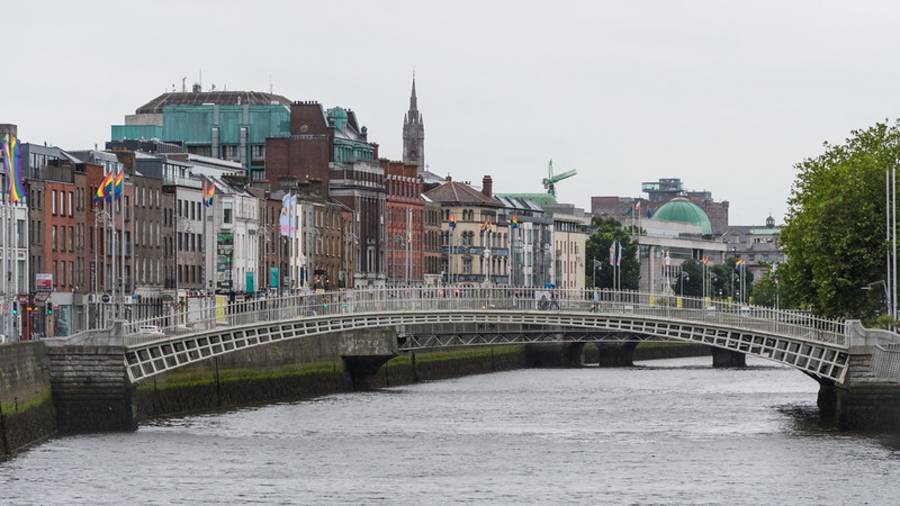
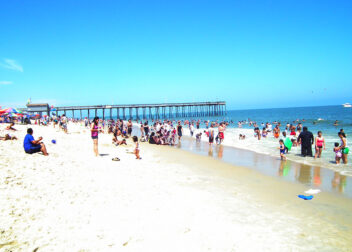
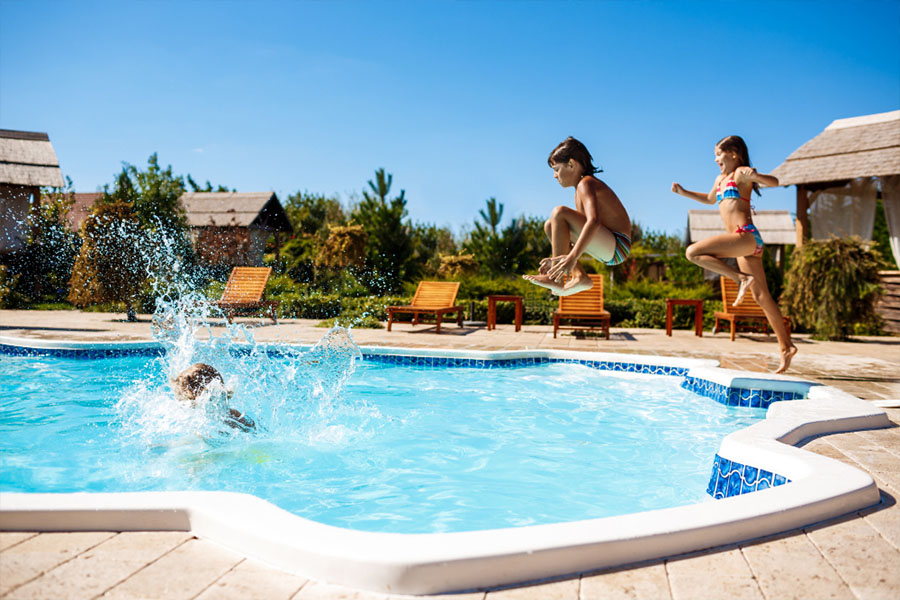
Admin
September 27, 2020Thank You